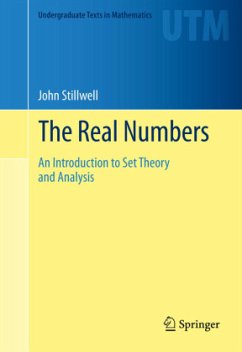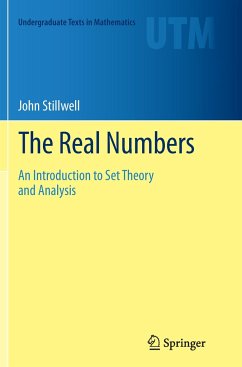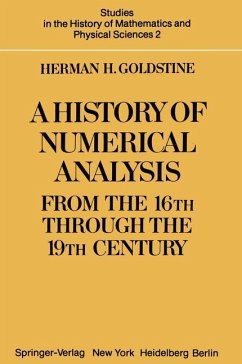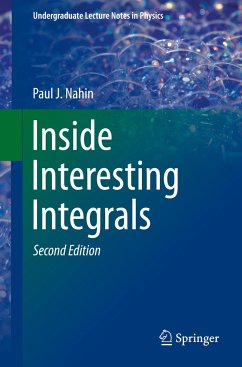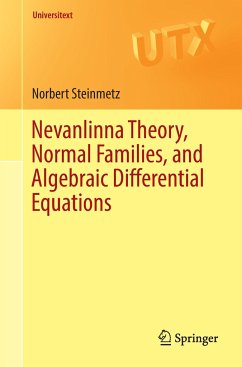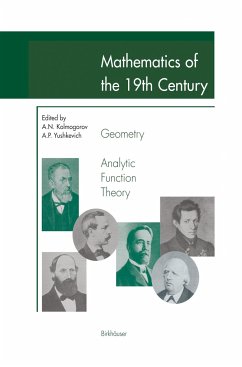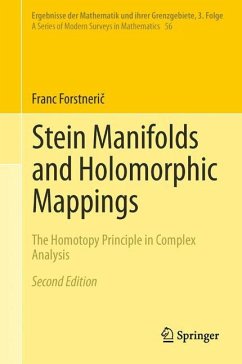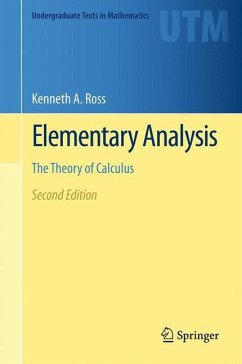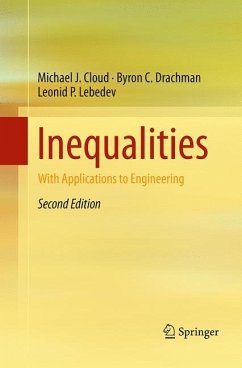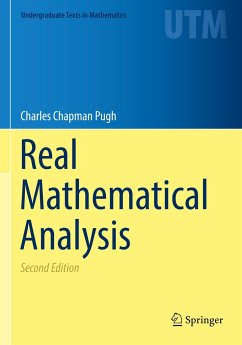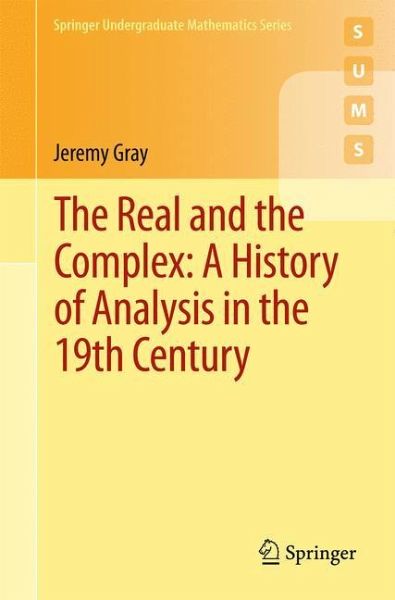
The Real and the Complex: A History of Analysis in the 19th Century

PAYBACK Punkte
14 °P sammeln!
This book contains a history of real and complex analysis in the nineteenth century, from the work of Lagrange and Fourier to the origins of set theory and the modern foundations of analysis. It studies the works of many contributors including Gauss, Cauchy, Riemann, and Weierstrass.This book is unique owing to the treatment of real and complex analysis as overlapping, inter-related subjects, in keeping with how they were seen at the time. It is suitable as a course in the history of mathematics for students who have studied an introductory course in analysis, and will enrich any course in und...
This book contains a history of real and complex analysis in the nineteenth century, from the work of Lagrange and Fourier to the origins of set theory and the modern foundations of analysis. It studies the works of many contributors including Gauss, Cauchy, Riemann, and Weierstrass.
This book is unique owing to the treatment of real and complex analysis as overlapping, inter-related subjects, in keeping with how they were seen at the time. It is suitable as a course in the history of mathematics for students who have studied an introductory course in analysis, and will enrich any course in undergraduate real or complex analysis.
This book is unique owing to the treatment of real and complex analysis as overlapping, inter-related subjects, in keeping with how they were seen at the time. It is suitable as a course in the history of mathematics for students who have studied an introductory course in analysis, and will enrich any course in undergraduate real or complex analysis.





